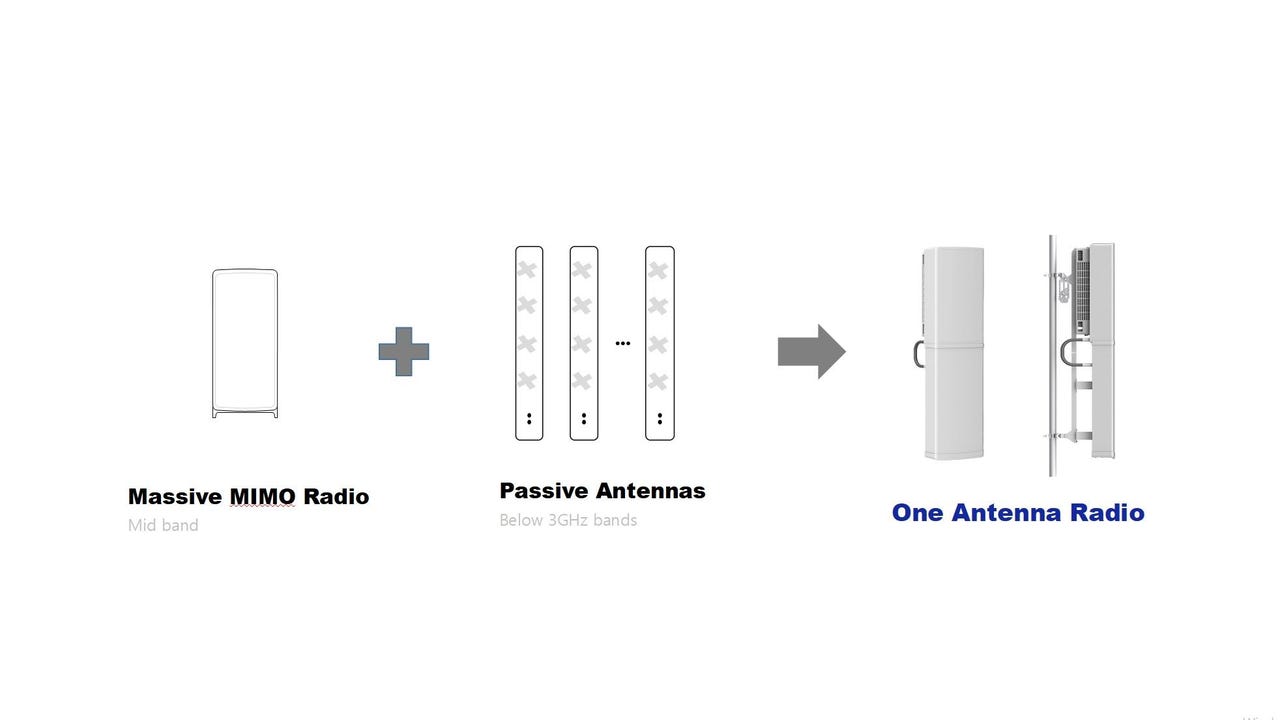Samsung unveils new chipsets and antenna for 5G network


Samsung on Tuesday unveiled a variety of 5G network solutions that it says will allow mobile operators to built efficient 5G networks at an accelerated rate.
These included chipsets such as its third generation mmWave radio frequency integrated circuit (RFIC) chip, its second generation 5G modem SoC, and its RFIC chip that integrates a digital front end (DFE), the South Korean tech giant said at an online event dubbed Samsung Network: Redefined.
According to Samsung, all three chipsets are smaller and more power efficient than their prior generation offerings. The RFIC chips also support both 28GHz and 39GHz spectrums.
The chipsets will power Samsung's updated 5G Compact Macro, the brand name for its mmWave 5G base station, as well as massive MIMO radios and baseband units that will commercially launch in 2022, the company said
The South Korean tech giant also unveiled a new integrated antenna that consolidates a 3.5GHz massive MIMO radio with low-band and mid-band passive antennas into a single form factor.
Called One Antenna Radio, it will allow mobile network operators to overcome space and footprint restrictions in building their 5G networks and save operation costs, Samsung said.
The new antenna will also launch in 2022, and will be offered first to Europe, it added.
At the event, Samsung also said it has supplied four million 5G-ready radios so far. The company also talked up its virtualized radio access network (vRAN) solutions.
Earlier this month, the company announced that it was selected as a vendor for Vodafone's vRAN deployment in the UK. In March, the company said it will be supplying its 5G solution to NTT Docomo, Japan's largest telco.